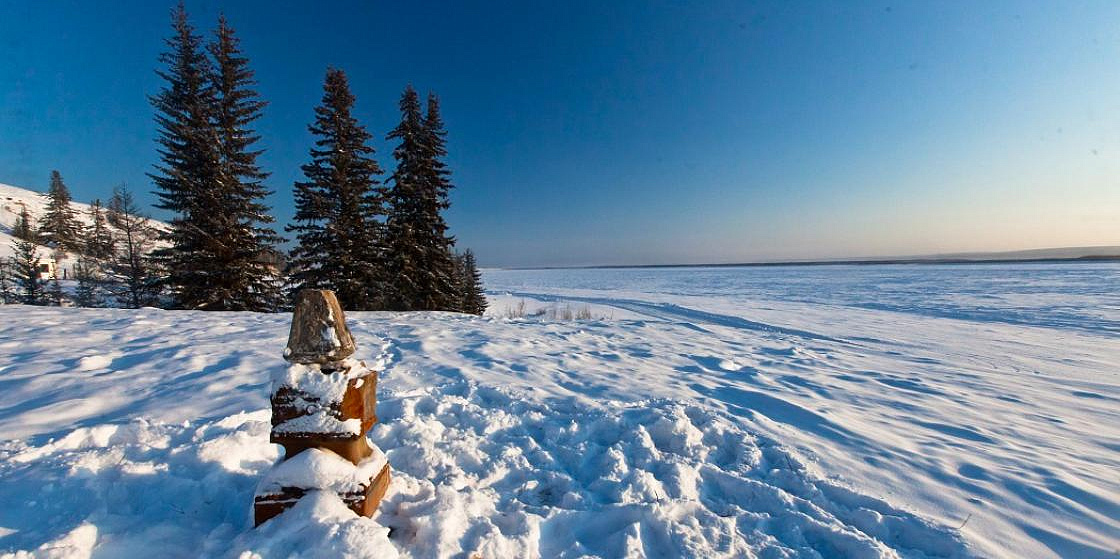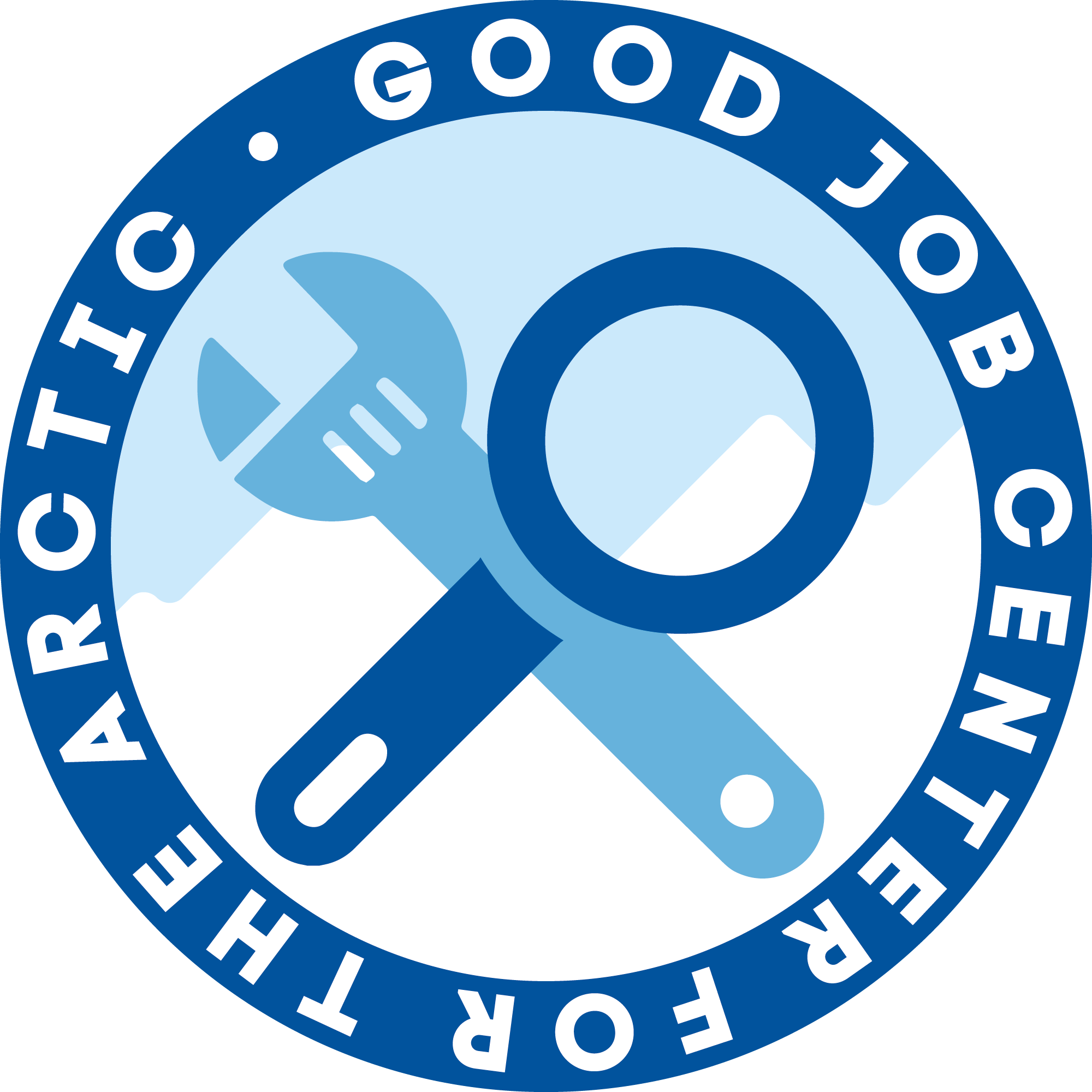
Photo: Lentini Gabriele/GeoPhoto.ru
Rosneft to Improve Marketability of Oil Drilled in Arctic
Major oil producer Rosneft has commenced the construction of infrastructure required to launch Vostok Oil, one of Russia’s top drilling projects in the Arctic. In early October, the company announced the start of the construction of berths to be located at three sites on the Yenisei River, namely, at Tochino, Tanalau and Sever Bay. In addition, work commenced to design the energy supply layout for the project. The oil giant envisions building a total of 13 power plants with a capacity of some 3.5 GW, along with about 200 substations and more than 7,000 km of overhead power transmission lines.
New berths will help increase the amount of goods moved into the area concerned during the navigation season. Goods will be stored at respective river bases -- to be further carried by cargo trucks to the project sites. Freight for Vostok Oil will be also transported via the port of Dudinka, as well as by winter roads (seasonal roads usable in winter only).
These new pieces of infrastructure are expected to play a visible role in advancing the project. First off, they will help debottleneck the existing ports and diversify delivery routes used by the project. Secondly, this will contribute to reducing the cargo delivery speed and cost. This means a lower cost price, higher yield and greater ROI.
In turn, the project’s energy supply will be based on the use of cutting-edge eco-friendly solutions meeting the highest demands for environmental safety, the company says. According to Rosneft, Vostok Oil will, in part, rely on zero-carbon wind farms, while the project’s gas turbine plants will run mainly on associated petroleum gas.
Overall, this will help improve the global marketability of the oil drilled by Rosneft in the Russian Arctic, which is by itself a tough challenge, given the expenses associated with the remoteness of the project site and huge transportation cost.
New berths will help increase the amount of goods moved into the area concerned during the navigation season. Goods will be stored at respective river bases -- to be further carried by cargo trucks to the project sites. Freight for Vostok Oil will be also transported via the port of Dudinka, as well as by winter roads (seasonal roads usable in winter only).
These new pieces of infrastructure are expected to play a visible role in advancing the project. First off, they will help debottleneck the existing ports and diversify delivery routes used by the project. Secondly, this will contribute to reducing the cargo delivery speed and cost. This means a lower cost price, higher yield and greater ROI.
In turn, the project’s energy supply will be based on the use of cutting-edge eco-friendly solutions meeting the highest demands for environmental safety, the company says. According to Rosneft, Vostok Oil will, in part, rely on zero-carbon wind farms, while the project’s gas turbine plants will run mainly on associated petroleum gas.
Overall, this will help improve the global marketability of the oil drilled by Rosneft in the Russian Arctic, which is by itself a tough challenge, given the expenses associated with the remoteness of the project site and huge transportation cost.
5 October 2021




